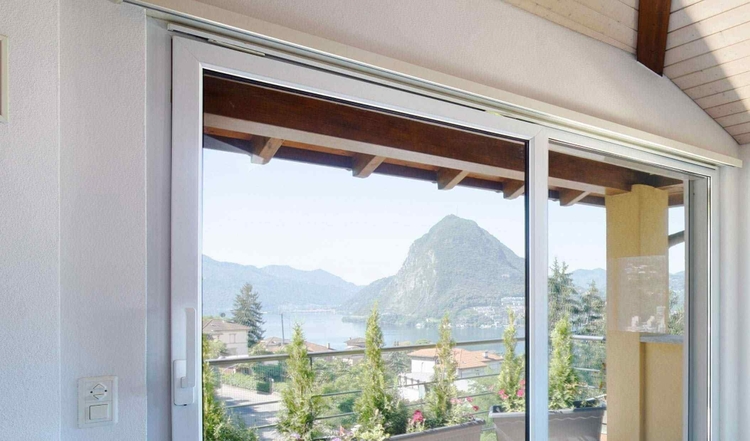Practical Uses and Applications of Acoustic Doors
Acoustic doors are a revolutionary invention in modern architecture. They help reduce noise and offer unparalleled soundproofing. They have become an integral part of many commercial and residential properties where sound control is paramount.
In this blog, we will explore the practical uses and applications of acoustic doors.
Understanding Acoustic Doors
Acoustic doors, also known as ‘ soundproof doors’, are designed to reduce the transmission of sound between areas. Unlike standard doors, which fail to manage sound in noisy environments, acoustic doors minimise sound leakage by improving isolation properties.
This is owing to the fact that the acoustic doors are made from efficient sound-absorbing materials that help modulate the sound decibels.
Components of Acoustic Doors
Acoustic doors come in several components to achieve their sound isolation characteristics:
-
Core Material: The core material is made of dense material like mineral wood or reinforced steel. This absorbent material absorbs all the sound energy from the surrounding environment and prevents the transmission of sound from one area to another.
-
Sealing Systems: Acoustic doors use gaskets or seeps as their sealing system. These materials create an airtight seal when the door is closed and seal out any gaps in openings to avoid sound to leak through.
-
Mass Thickness: Another major component that determines the quality of sound isolation your acoustic door provides is its mass and thickness. The thicker and heavier the door, the better it will block out sound.
Uses of Acoustic Doors
Listed below are the various uses of acoustic doors in our daily walks of life:
Recording Studios
Acoustic doors are needed in recording studios to prevent external noise and discussion from being captured during audio recording. This helps ensure the highest quality of the audio.
Concert Halls and Theatre
Acoustic doors are also used in concert halls and theatres to isolate sound from neighboring areas. This improves sound resonance, creating a better acoustic experience for both performers and the audience.
Office Spaces
Acoustic doors are used in most offices to create a noise-free environment for employees. They are also used in meetings or conference rooms to maintain the sanctity of any confidential discussions.
Healthcare Facilities
Hospitals, nursing homes and clinics make use of acoustical doors to minimise the transmission of noise into ICU and ICCU rooms, operating rooms and other sensitive areas. These doors help the patients or doctors from getting disturbed by any noise or discussion taking place in the hall.
Residential Applications
Many residential apartments and buildings also sought acoustic doors, especially if they were located on the side of the main road or near an airport or railway station. This helps them maintain a lower decibel of noise inside the building even while living in a high-footfall area.
Police Stations
Law enforcement facilities use acoustic doors in their investigation room to maintain privacy and confidentiality between rooms.
Construction Sites and Warehouse Locations
Construction sites and warehouses have acoustic doors to prevent employees from being exposed to high-decibel sound for longer durations. This helps maintain a quieter environment, which helps employees concentrate better and reduces the chances of hearing problems.
Educational Facilities
Acoustic doors are becoming increasingly popular in schools and other academic institutions. They create an environment of maximum peace and concentration. Examination halls, in particular, have acoustic doors installed to prevent test takers from being distracted by the chaos outside.
Government and Military Organisation
Acoustic doors are used in government and military organisations. Both need the utmost privacy for sensitive discussions. Acoustic doors prevent noise leakage, keeping all discussions inside the room.
Key Factors to Consider When Choosing Acoustic Doors
- Sound Transmission Class (STC) Rating:
An acoustic door's STC rating indicates its effectiveness. The higher the rating, the better its soundproofing capabilities.
-
Customisation: Acoustic doors can be customised to fit your requirements. Choose your model according to where you want it installed.
-
Professional Installation: Getting a professional to help you install the acoustic door will guarantee its effectiveness.
Want to know more? Read our guide on choosing the best acoustic doors.
Conclusion
Acoustic doors are a versatile solution for managing noise. By investing in high-quality acoustic doors at AIS Windows, you can create environments that are not only functional but also comfortable and private.



